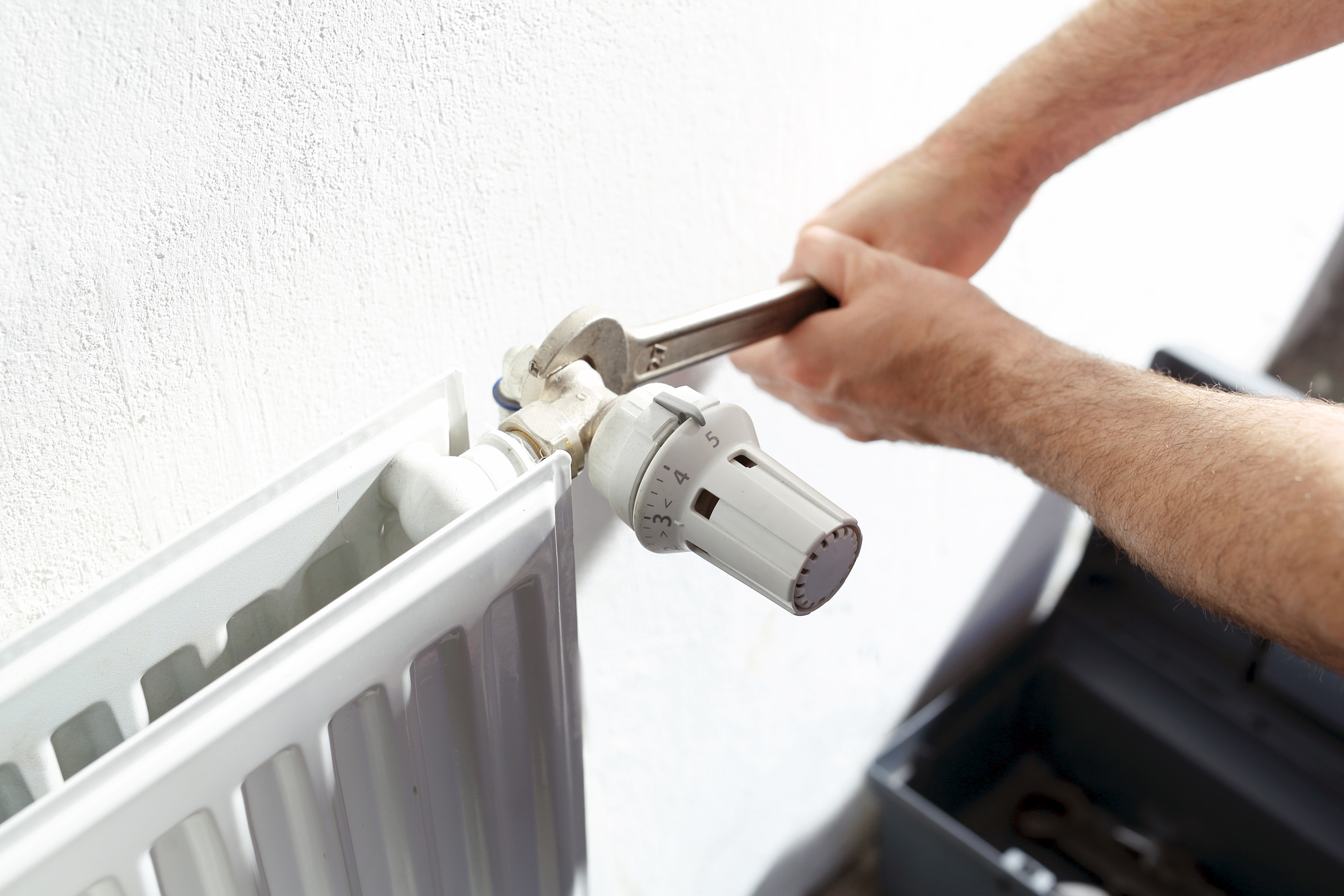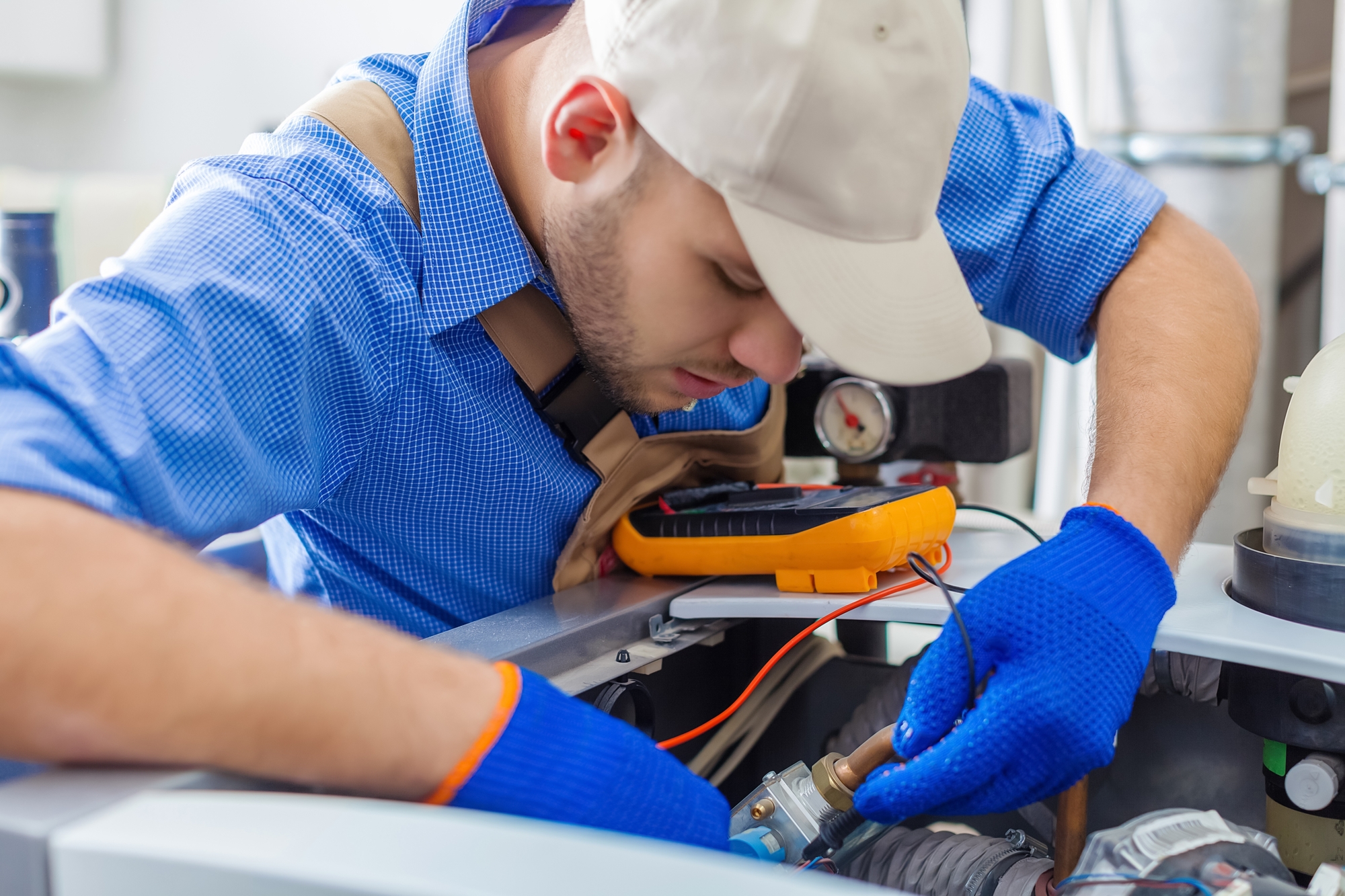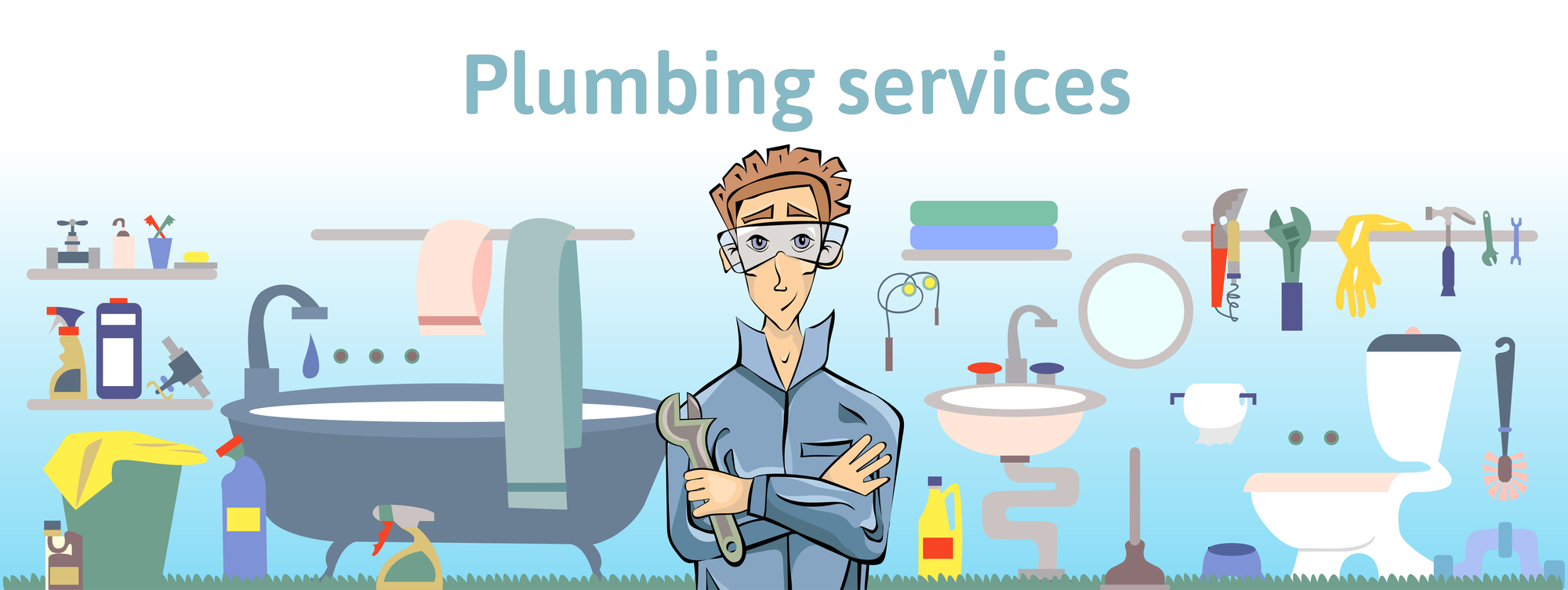Wilo, a leading manufacturer of pumps and pump systems for heating, cooling, and air conditioning, has recently revealed its ambitious plan to achieve net-zero carbon by 2040. The company’s Net Zero Carbon 2040 plan includes a series of measures aimed at reducing the carbon footprint of its global operations, from product development to manufacturing to logistics.
By 2030, Wilo aims to reduce its greenhouse gas emissions by 50% compared to 2019 levels. By 2040, the company aims to achieve net-zero carbon emissions across its entire value chain, including manufacturing, products, and logistics. To achieve these goals, Wilo has identified four key focus areas:
1. Sustainable products: Wilo is committed to developing and producing more energy-efficient and sustainable products that reduce the carbon footprint of its customers.
2. Sustainable manufacturing: Wilo aims to reduce the carbon footprint of its manufacturing processes by 50% by 2030. The company will achieve this by improving energy efficiency, implementing circular economy principles, and switching to renewable energy sources.

3. Sustainable logistics: Wilo will reduce the carbon footprint of its logistics chain by optimizing transport routes, reducing packaging waste, and switching to electric vehicles.
4. Sustainable culture: Wilo will engage its employees, suppliers, and customers in its sustainability efforts and promote sustainable behavior across all aspects of its operations.
Wilo’s Net Zero Carbon 2040 plan is not only good for the planet, but it also makes good business sense. By reducing its carbon footprint, Wilo is future-proofing its business, ensuring that it remains competitive in a world where sustainability is increasingly important to customers, investors, and regulators.
Plumbing companies have a crucial role to play in achieving sustainability goals. The plumbing sector is responsible for a significant portion of carbon emissions, especially through the use of energy-intensive systems like heating and cooling. But there are many ways that plumbing companies can reduce their carbon footprint and contribute to a more sustainable future.

Here are some tips for plumbing companies looking to reduce their carbon footprint:
1. Upgrade to energy-efficient systems: Heating and cooling systems can be significant sources of carbon emissions. By upgrading to more energy-efficient systems, such as heat pumps, plumbing companies can reduce their carbon footprint and save money on energy costs.
2. Implement circular economy principles: Plumbing companies can reduce waste by implementing circular economy principles. This includes recycling and repurposing materials, as well as designing systems and products with end-of-life considerations in mind.
3. Switch to renewable energy sources: Plumbing companies can reduce their carbon footprint by switching to renewable energy sources like solar and wind power. This could involve installing solar panels on company premises or purchasing renewable energy credits.
4. Optimize transport routes: Like Wilo, plumbing companies can reduce their carbon footprint by optimizing their transport routes. This could involve grouping jobs together to reduce travel distances or using electric vehicles where possible.
5. Educate customers: Plumbing companies can educate their customers on how to reduce their carbon footprint, such as by using water-conserving fixtures or turning down the thermostat.
In addition to reducing their own carbon footprint, plumbing companies can also help their customers achieve sustainability goals. By offering energy-efficient systems and sustainable solutions, plumbing companies can help their customers reduce their carbon footprint and save money on energy costs.
In conclusion, Wilo’s Net Zero Carbon 2040 plan is an ambitious yet necessary step towards a more sustainable future. Plumbing companies have a crucial role to play in achieving sustainability goals, and there are many ways that they can reduce their carbon footprint and help their customers do the same. As we move forward into a more sustainable future, it is essential that everyone, from individuals to businesses, works together to achieve net-zero carbon.






